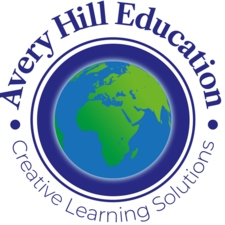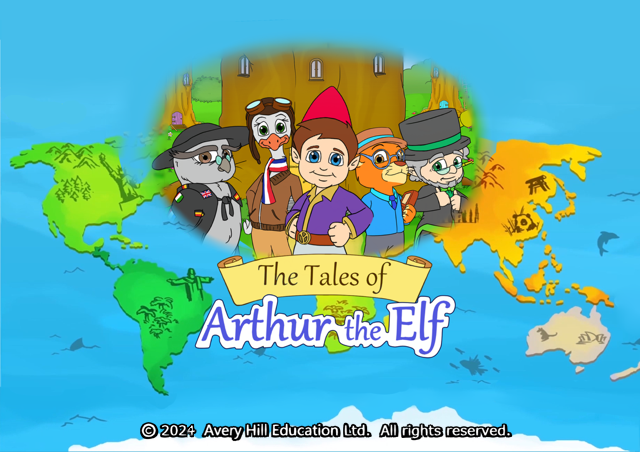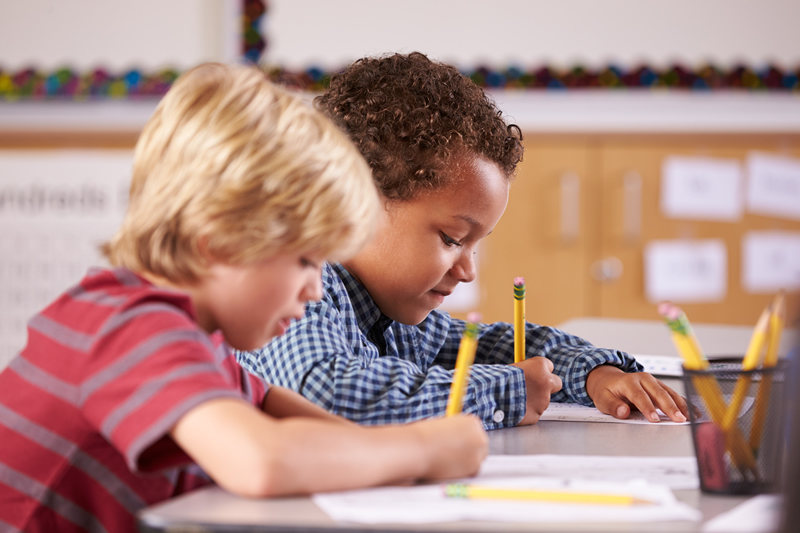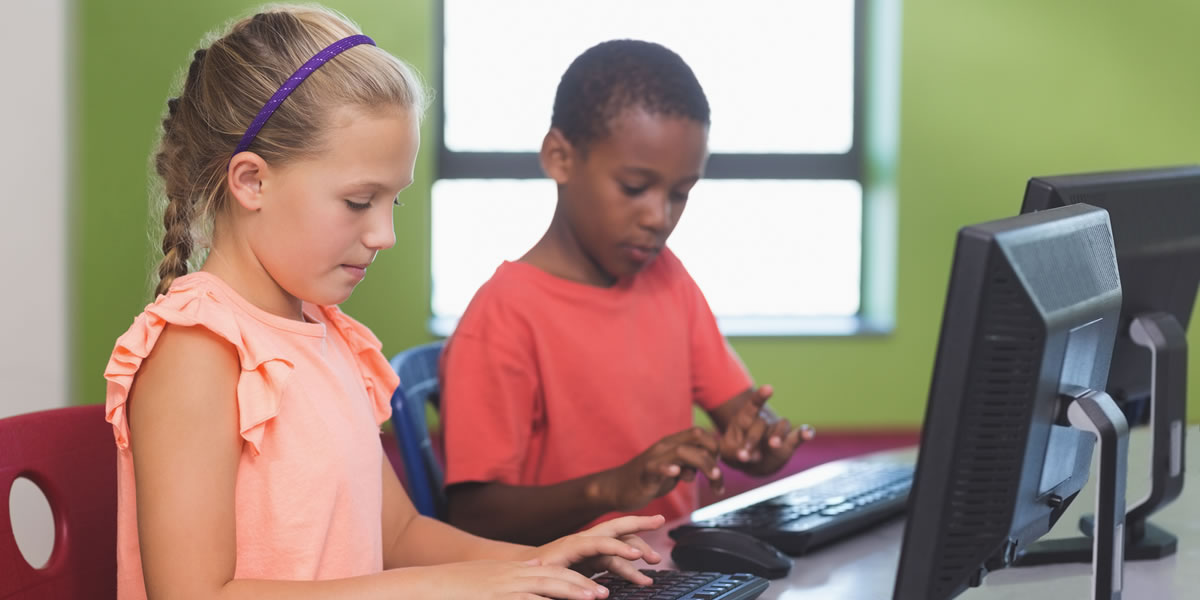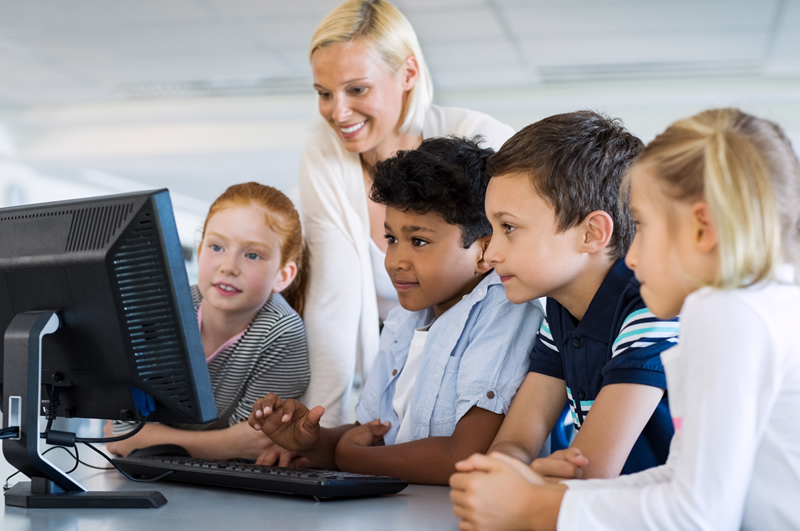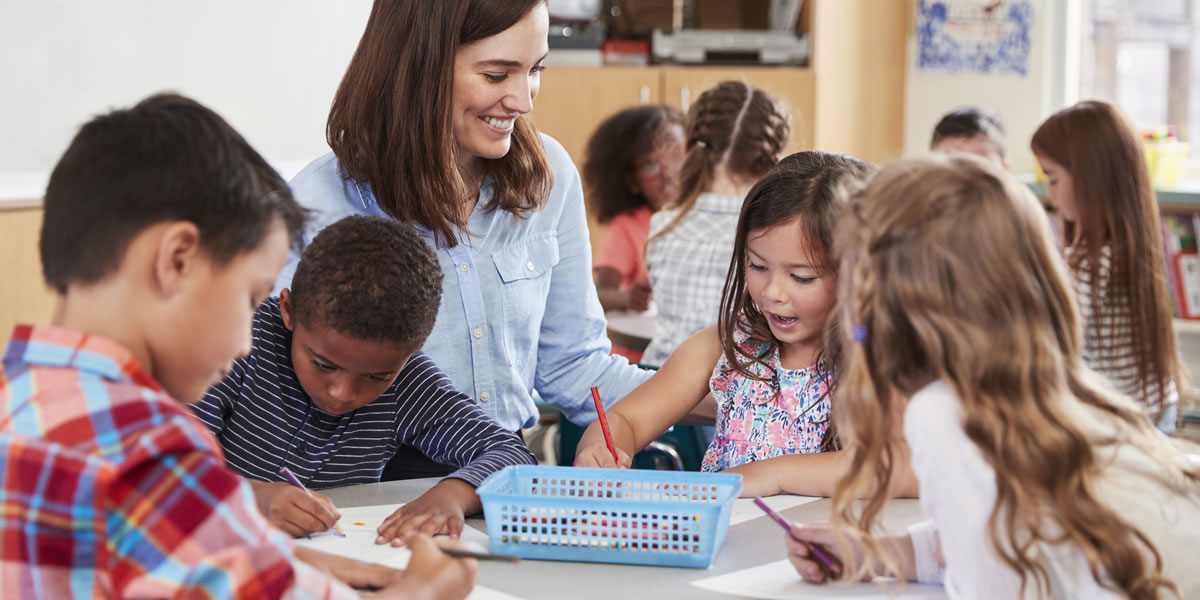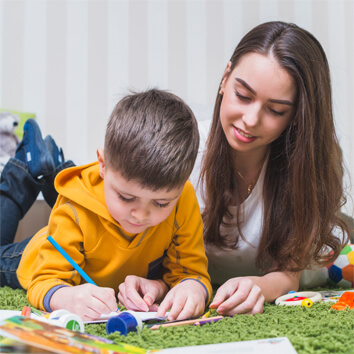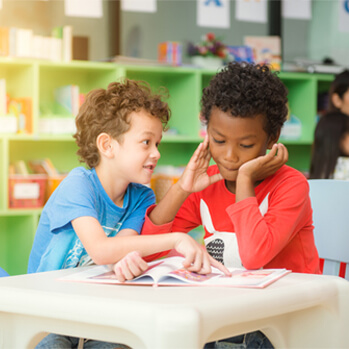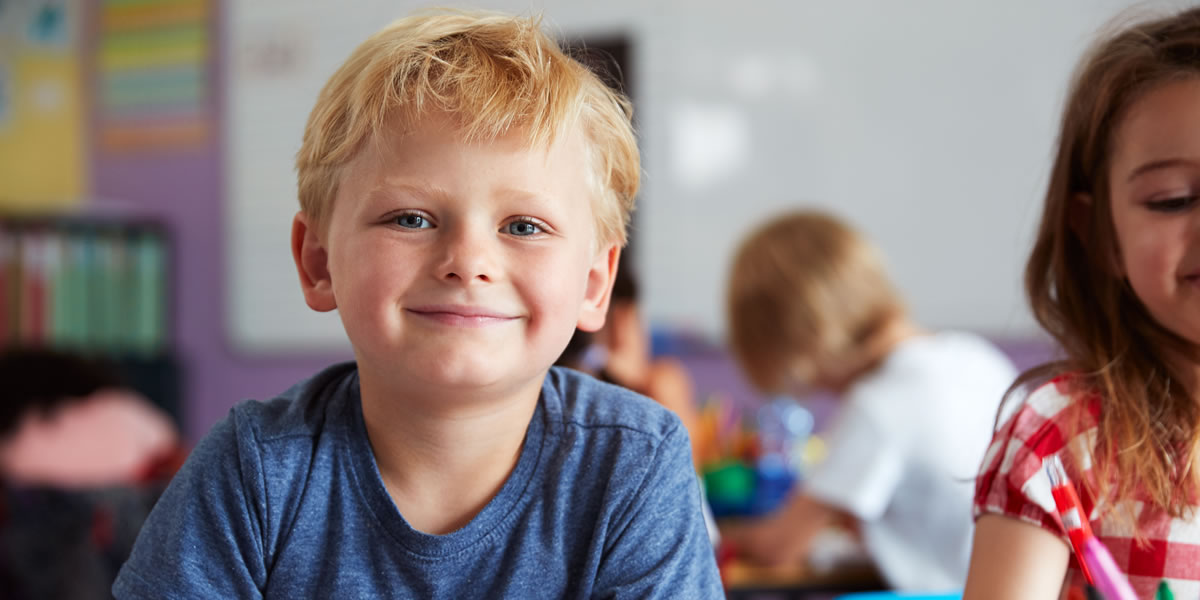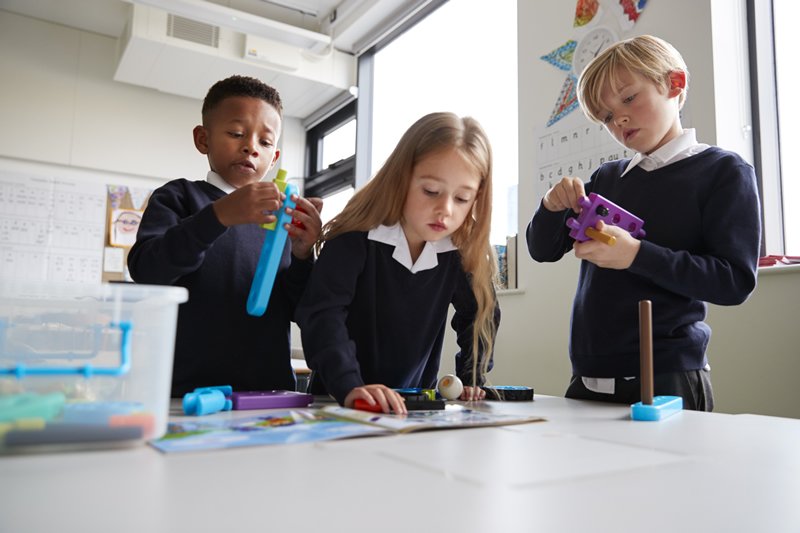What if you could embrace the core elements of a complete immersion method of language learning? What if you could do this without being multilingual yourself? What if you could teach young children a second language whilst also supporting a much broader approach to their development, beyond language alone? Well, you can. The Tales of […]
Read MoreFor many years the educational field has been firmly cemented in believing that different individuals have different learning styles. These are termed visual, aural and kinaesthetic. Recently this myth has been debunked. Despite 93% of the public and 76% of educators still believing that learning styles exist, it has now been demonstrated that they don’t. […]
Read MoreThe complete immersion learning method is the only truly effective language learning method. Learning to think and experience the world automatically, without conscious thought, is the gift given by complete immersion and gives children the tools to ultimately become fluent. We look at why the complete immersion method is so central, and how you can […]
Read MoreIf you learned a second language at school, what can you remember? Chances are, if you embarked on learning a foreign language, like many at late primary or early secondary age, and haven’t gone on to use that language regularly, you’ve lost it. The benefits were limited to the language itself, for the time you […]
Read MoreA child’s educational journey is a marathon, not a sprint. In fact, it isn’t even confined to the window between when they learn their ABC’s to the day they throw a mortarboard in the air. Learning is a lifelong journey. However, in modern society and educational systems, learning has become synonymous with education alone. Forcing […]
Read MoreYoung children are said to be like sponges. They absorb information and learning from the world around them with seemingly unrivalled ability. It follows, therefore, that they will be able to reach fluency in a second language much more easily than older children, and certainly adults. In fact, there’s a definite window in childhood when […]
Read MoreWe need to think of vocabulary as a building block. Its intrinsic value is only complete when part of a larger structure. Research shows that vocabulary is far more important than the individual words, and their meaning. Vocabulary knowledge, breadth and depth are directly correlated with a child’s overall development. The Power of Vocabulary What’s […]
Read MoreLife is a series of problems to be solved. We don’t mean this in a doom and gloom way, rather that our daily lives are a series of multiple small challenges which we automatically solve using our refined problem solving skills. In fact, our ability to problem solve is so automatic that we don’t even […]
Read MorePick up that toy cup of tea to be shared with teddy, make music with your voice as you become a character from a child’s favourite story, and you can be forgiven for thinking you’re doing nothing but having fun. Yet in these actions – story-telling and role-play games– you’re accessing immensely powerful learning tools. […]
Read MoreWhen we think of bilingualism and multilingualism we are likely to think of the advantages being confined to the languages alone. A bilingual individual can access more learning, experience more, and interact more deeply. However, what we don’t tend to consider is how a bilingual or multilingual child is advantaged in terms of their ability […]
Read More